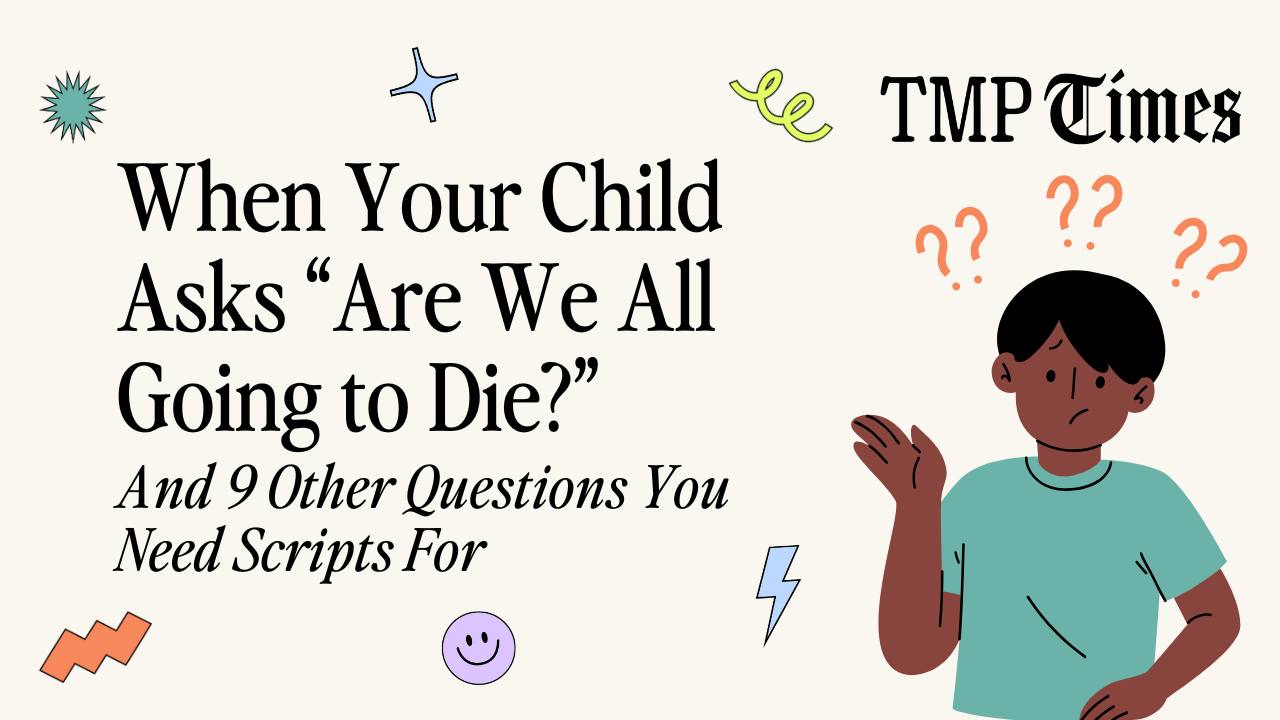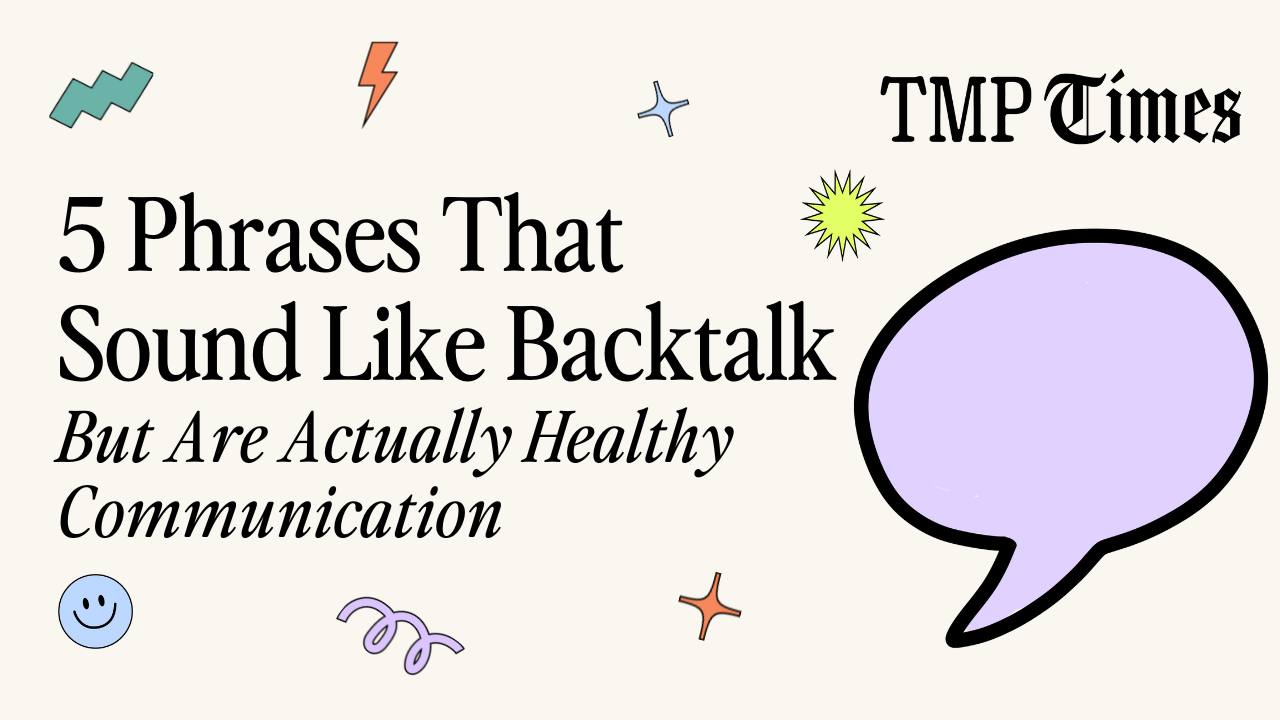When Your Child Won't Share: Teaching Generosity Without Forcing It


Picture this: Your child is happily playing with a toy when another child approaches. Suddenly, your little one clutches the toy to their chest with a fierce "MINE!" while you feel all eyes on you, waiting to see how you'll handle this classic childhood moment.
If you've ever felt that complicated mix of embarrassment, frustration, and uncertainty in these situations, you are not alone.
How do we raise generous children without forcing sharing in ways that actually backfire?
That's exactly what we're exploring today.
By the end of this newsletter, you'll understand the developmental stages of sharing, have practical strategies that foster genuine generosity, and feel confident handling those inevitable "mine" moments without unnecessary power struggles.

Understanding Sharing Through a Developmental Lens
When your child refuses to share, what they're actually doing is acting in perfect alignment with their developmental stage—not being selfish or defiant.
For toddlers (ages 1-3), the concept of ownership is just emerging. "Mine" is one of the first powerful words they learn because it helps them understand themselves as separate individuals with agency. What they need help with is building security around possessions before they can feel comfortable sharing them. This is completely age appropriate. My 2-year-old currently believes anything he's touched in the past week is "MINE!" This is par for the course.
For preschoolers (ages 3-5), sharing becomes more possible but remains challenging because they're still developing theory of mind—the understanding that others have different feelings and perspectives. What she's trying to do is protect her sense of agency and control. Forced sharing at this age often creates resentment rather than generosity.
For early elementary children (ages 5-7), the social consequences of not sharing become more apparent as peer relationships gain importance. What he needs help with is balancing his own desires with social belonging needs. Children at this age can understand taking turns and fair play but still need support with impulse control when emotions run high.
I want to normalize that possessiveness is not only normal but actually an important part of development. A child who feels secure in their ownership rights paradoxically becomes more generous over time.




